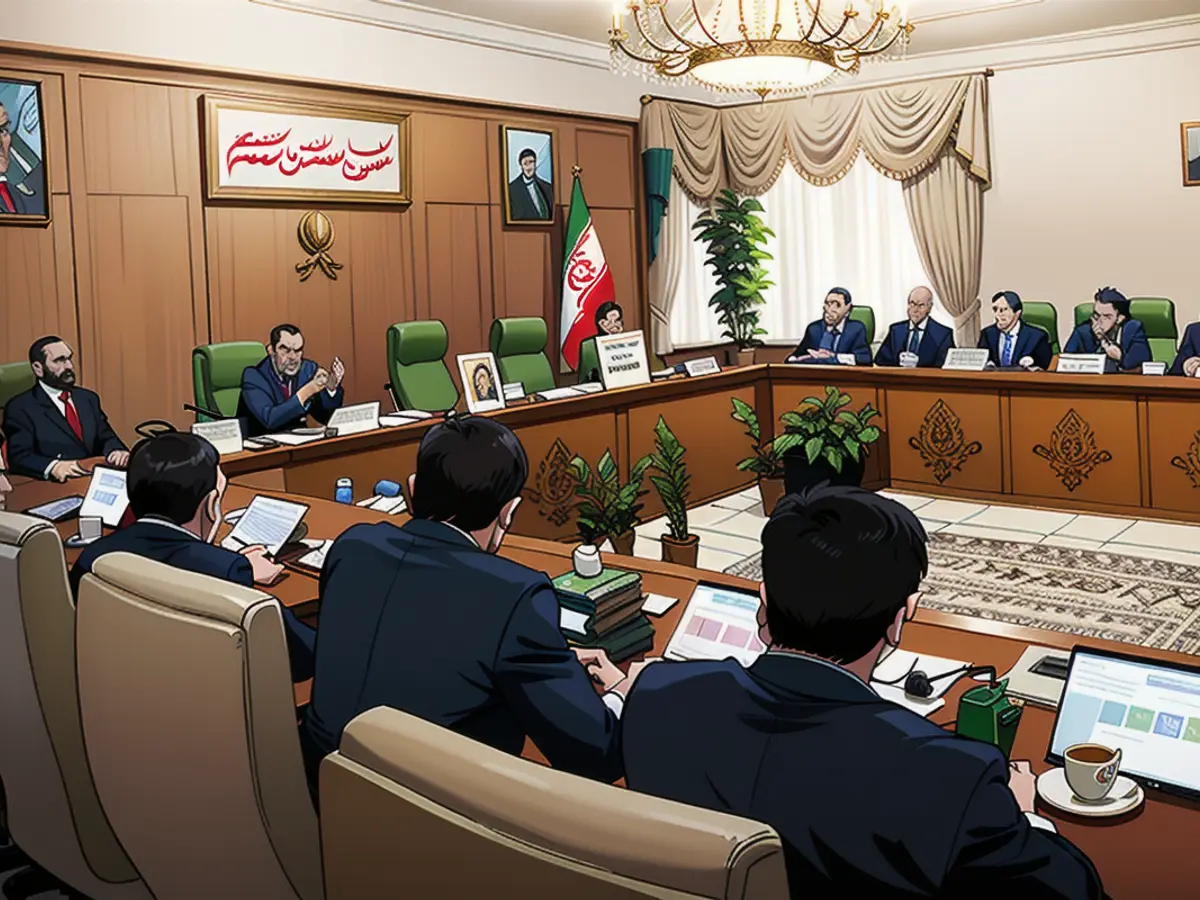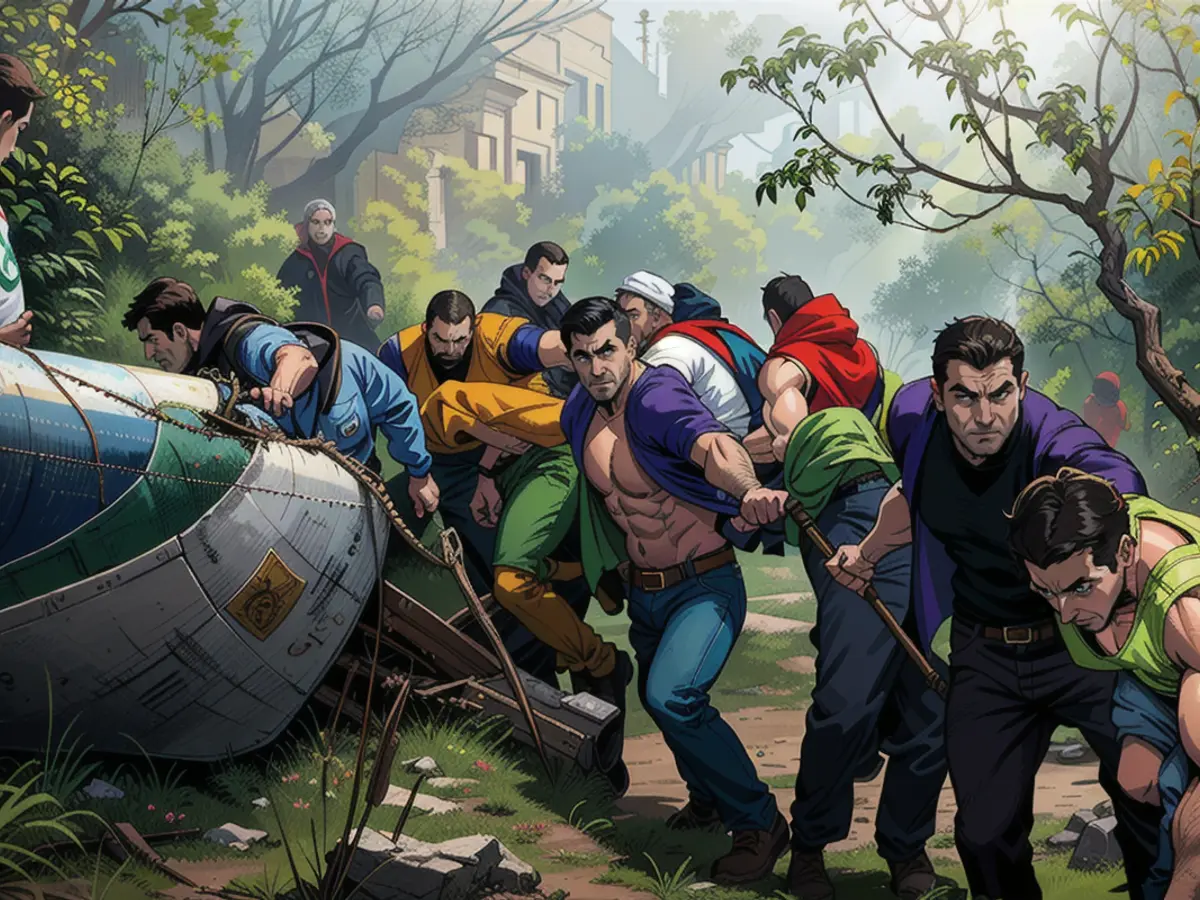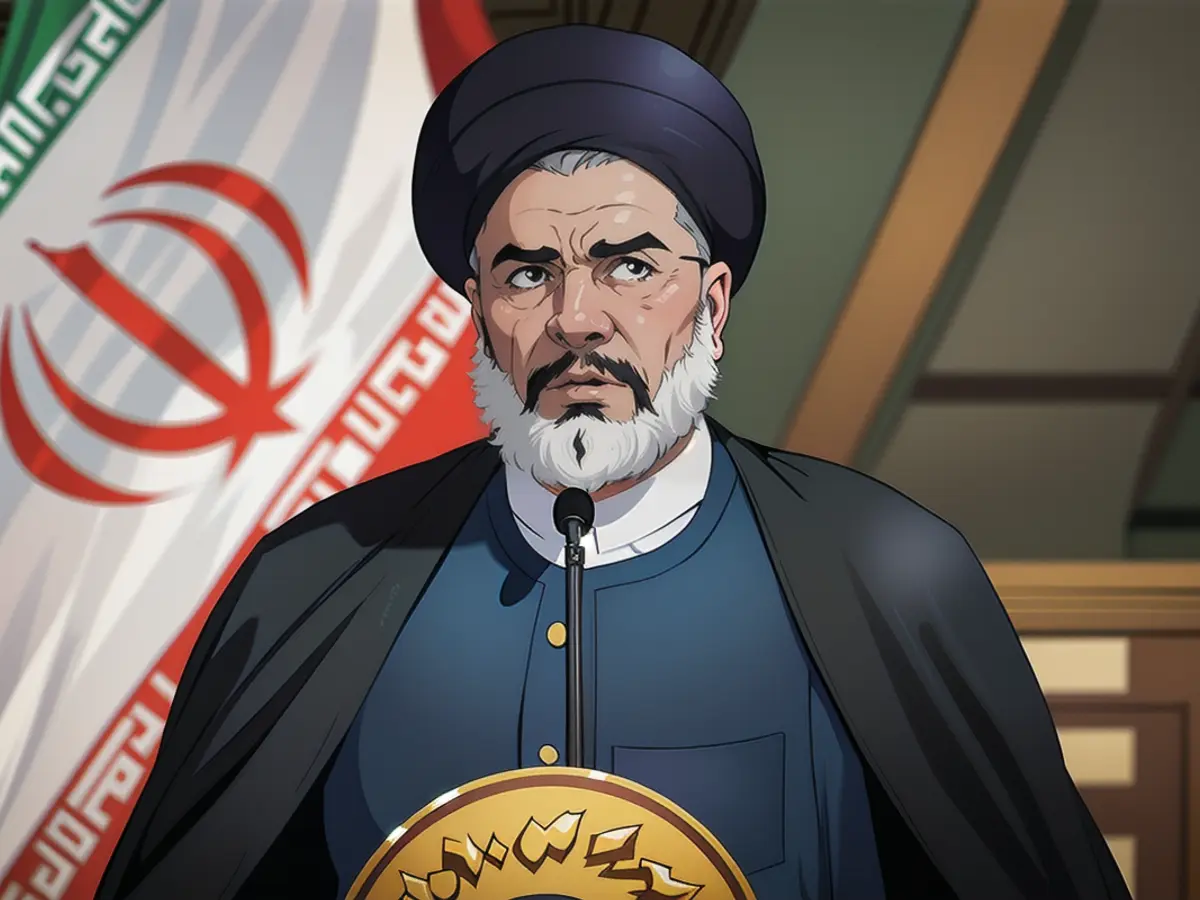Iran's President Passes Away: What Comes Next
A conservative president, 63-year-old Raisi, met his end on Sunday along with Foreign Minister Hossein Amir-Abdollahian and other top officials in a helicopter crash in Iran's remote northwest. The incident took place at a critical time for the country which faces numerous internal and external challenges.
Iran's economy, bruised by American sanctions, is in poor shape. The young population is also becoming more restless, adding to the country's woes. Furthermore, Iran's adversaries in the Middle East and beyond have recently become more belligerent.
Ali Vaez, Iran Project Director at the International Crisis Group, believes that Raisi's death will likely trigger elections amid low legitimacy and exclusionary policies.
A Vacancy in the Presidency
With power now transferred to Vice President Mohammad Mokhber, who was officially appointed as the acting president, Iran must hold elections within the next 50 days as per the law.
However, the outcome of these elections could be uncertain and might see low voter turnout. In March, Iran recorded its lowest electoral turnout since the Islamic Republic's formation in 1979 despite efforts by the government to encourage voter participation.
The elections in March were for parliamentary and Assembly of Experts' seats. They saw mainly hardliners gaining more authority, deepening the circle of individuals who continue to uphold conservative policies under the Supreme Leader's guidance.
Trita Parsi, co-founder and Executive Vice President of the Quincy Institute for Responsible Statecraft, observed that people have lost faith in the idea of change coming through elections.
In April's elections, more moderate politicians were barred from participating, with only hardliners staying in power. This includes former President Hassan Rouhani, once a regime supporter, who was also prevented from contesting for a seat.
Continuity or Change in Foreign Policy?

Although Mokhber now occupies the presidential office, he is unlikely to alter course on foreign policy substantially.
According to Vaez, the Supreme Leader and the Revolutionary Guards are the ultimate decision-makers on foreign policy.
So, the changes will likely be more of continuity than a shift in paradigm.
The Question of Raisi's Successor
The death of Raisi has generated curiosity about who his eventual successor will be, particularly the Supreme Leader, Ayatollah Ali Khamenei, who is Iran's most influential figure.
Raisi was promoted by the Iranian clerical establishment as a possible candidate to assume Khamenei's position. He repeatedly pushed for strict policies within the country.
While Raisi promoted some of the regime's most hardline policies and quashed the 2022 protests against repressive laws such as the compulsory hijab, his death could pose a succession crisis in Iran, as per Karim Sadjadpour, a Senior Fellow at the Carnegie Endowment for International Peace. Only one other contender, Khamenei's son Mojtaba, appears to be a possible successor, but this option could fuel theories that Raisi's death wasn't an accident.
It's also possible that Raisi's former rivals could try to grasp the opportunity left by his death, thereby turning it into a power struggle. However, Iran has a large pool of political figures who are affiliated with the Islamic Republic's "old guard" who can fill the void left by Raisi.
CNN's Tamara Qiblawi contributed to this report.

Read also:
- This will change in December
- Dikes withstand water masses so far - Scholz holds out the prospect of help
- Fireworks and parties ring in 2024 - turn of the year overshadowed by conflicts
- Attacks on ships in the Red Sea: shipping companies avoid important trade route
The world is closely watching the political developments in Iran following the unexpected death of President Raisi.In recent years, tensions in the Middle East have increased, affecting the stability of the region and wider global politics, with Iran being a key player.
Source: edition.cnn.com







